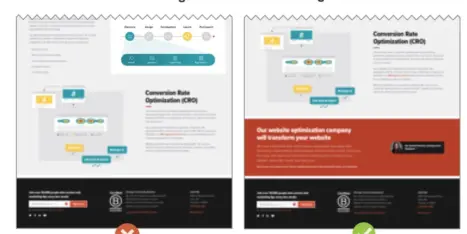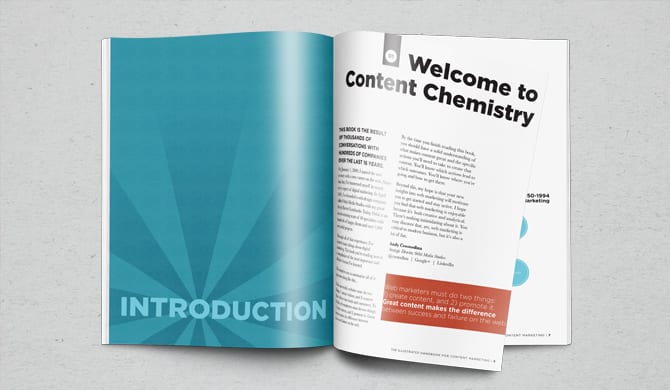
I spend a lot of time talking about websites. I’m always talking to clients, potential clients, job seekers, industry pros and my fellow Orbiteers and I’ve noticed a few things about how people talk about websites: people use a lot of fancy words. Naturally, the web has brought about a lot of new things that needed new words. But somehow it also led to more technical words for some simple ideas.
“Boy, those French: They have a different word for everything!”
– Steve Martin
Sometimes, you can almost see people’s thoughts as they pause to translate a simple thought into a jargon-filled paragraph from a Powerpoint slide.
Do these words actually help us communicate? Let’s look at a few very popular examples of phrases and see what they mean…

“Functionality”
I always thought this is a funny word. Take a simple noun like “function” and add a three-syllable suffix to it and… you still have a noun and it means the same thing. Is there a difference between “functionality” and “function”?
When you’re talking about websites, and you want a word that describes what a website does, it might be tempting to use this word, but doesn’t “feature” mean the same thing?
English translation: feature
 “Methodology”
“Methodology”
Again, is there a difference between a “methodology” and a “method”? When you say this, you’ve added three syllables, but did you add any meaning? If you do methodology, are you a methodologist?
To me, methodology sounds like the area of science that studies methods. But this isn’t what people mean when they say this. They’re just using a fancy word that means “approach” or “process.”
English translations: process, approach, method, way
 “Information Architecture”
“Information Architecture”
Sounds complicated! It also sounds difficult, time-consuming and expensive. But isn’t this just a site map?
So why don’t people use simple words?
I have a few theories:
- We want to impress the listener
- We’re afraid they’ll be judged by the listener for not knowing something
- We spend too much time in conference rooms talking to others who have this web/corporate speech impediment.
Yes, overuse of jargon is a speech impediment. But with a little practice, it can be easily translated. Here’s a page for your Tech-to-English Phrasebook:
- How do we allocate content development resources?
Whose going to write this? - I’ll take ownership of the metrics analysis role.
I’ll see if it worked - Our methodology utilizes an information architecture phase, prior to development of functionality.
We make the sitemap before programming features. That’s how we roll. - User-driven mouse event on hyperlink/button
Click!
If you start showing systems of this web-corporate speech impediment, I recommend avoiding conference rooms and talking to children.
Don’t get me wrong, I’ve used a lot of web-centric technical euphemisms geek-speak. Sometimes interspersing sprinkling in a few techy terms in here and there can build confidence in the listener. But if I use too much, I look inaccessible aloof.
Although it’s fun to say words like “interoperability” and “mission critical,” the purpose of language is to convey ideas. Web-related ideas are often complicated enough, even when we don’t substitute long, complicated phrases for plain English. So why do it? Does it really help us communicate more clearly?
Got any jargon for our Tech-to-English phrasebook?
Comment below!




